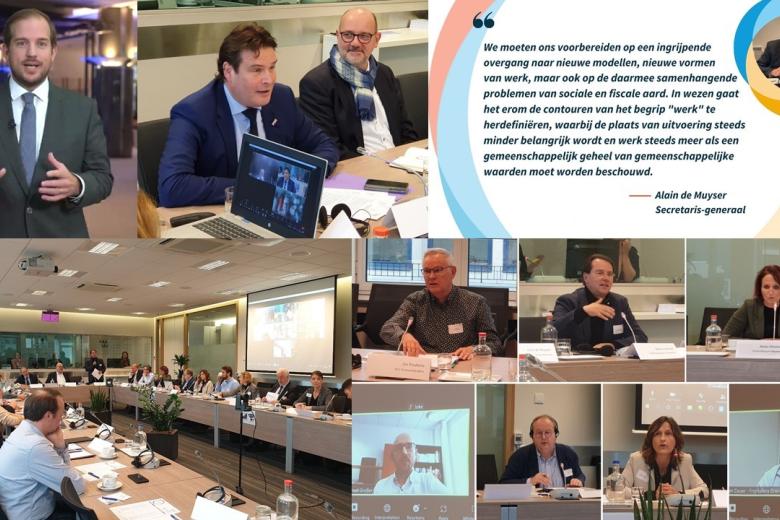Curriculum LAW Master Fiscaal Recht - Tax and Technology 2024-2025.pdf
(82.54 kB, PDF)
… increasingly use technology to promote compliance. An emphasis is laid upon collecting and managing (big) tax data in order to insure a correct tax payment and detection of fraud. This trend goes hand in hand with further digitalization of information exchange between tax authorities and taxpayers. Industry and business communities also use technology to optimize tax processes and to comply with reporting obligations. This course pays attention to the fiscal and technological aspects that play a … in tax. Risk management and process standardization through systems. Basic programming languages for tax purposes. Enterprise resource systems (SAP) and tax. Tax data collection and processing. Standards for data reporting and programming. Tax data exchange and reporting (country by country reporting, standard audit file for tax, mini one stop shop data). Data analytics. Monitoring tax data quality. Application of data analysis to taxpayer data. Digital fraud. Artificial Intelligence: application … and understanding of the technological aspects, including compliance issues, in the field of taxation. The focus is on data collection and its applications, Enterprise Systems and automation of law. Also to understand the impact of technology on exchange of tax data. At the end of the course the students should be able to thoroughly analyze and interpret juridical literature and other pieces of relevant legal information and its sources in the area of technology and taxes. The student will …



